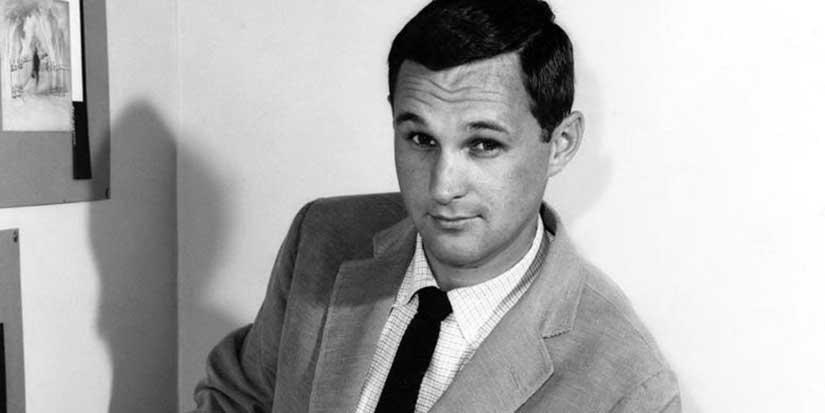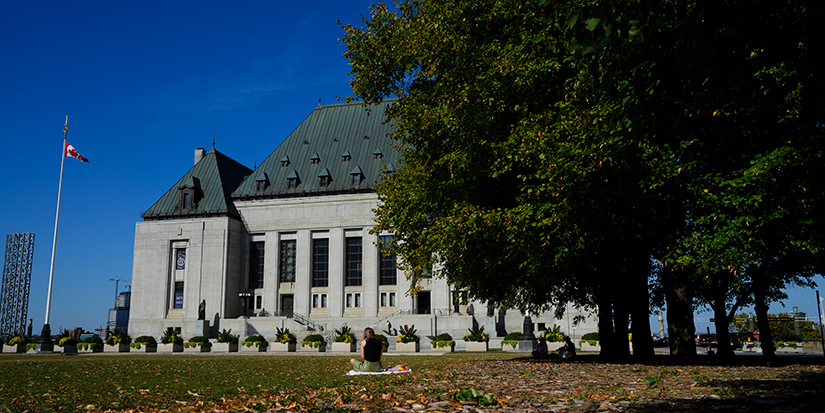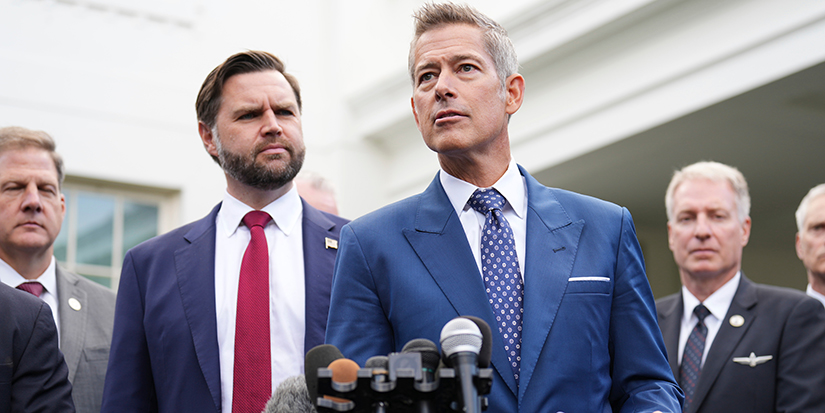Arts & Culture
Professor’s book showcases Canadian director

By Jim Gordon and Leeta Liepins
Published 10:53 PDT, Mon October 24, 2022
Last Updated: 4:05 PST, Mon November 14, 2022
—
Ira Wells is a culture writer and the author of Norman Jewison: A Director’s Life. Wells, a professor at Victoria College at the University of Toronto, recently spoke about the book with the Our City Tonight team.
Our City Tonight: You bring so many things about Norman Jewison to the reader that we didn’t know, starting with the early years of his career at CBC in 1952, with no experience and no technical knowledge. Within 10 years, he’s directing his first movie in Hollywood with Tony Curtis, after establishing a great reputation as a TV director. How did this all happen?
Ira Wells: He was there at the beginning of CBC TV. I discovered Jewison in the studio in Toronto on the night of the first televised broadcast in Canada. From that point, what really struck me was the epic duration of his career (that) is punctuated by these important moments, like directing the ground-breaking TV special with Harry Belafonte, the first to star an African-American (performer).
OCT: There are a couple of threads that run through Jewison’s career: the art, and the battles between the artistic and commercial. But from the beginning, he’s very wary and cautious toward the film and TV studio “suits.” That difficulty persisted throughout his entire career, as great as it was.
IW: That’s an astute point. From his early days at CBC, and later at CBS and in film, there was always this desire to call his own shots creatively—that runs throughout his whole career. It stems from a belief he had that there was a dignity to the art, whether it was film or in those early days of television. The clashes with the “suits” are legendary, and those were some of the most fun parts of the book to write. The “suits” didn’t like Jewison very much; he was very headstrong about the vision and what he had to do—as he called it, “the dance”—to persuade the people in the room who (controlled) the purse strings to bring that vision out. That’s part of what being a director was to him.
OCT: It is remarkable that Jewison’s career was so long. Actors, from Doris Day in the early 1960s up to Denzel (Washington) in the late 1990s, would (consistently) say they didn’t always agree with him but he was such an actor’s director; (they) could battle with each other but it was always about the art.
IW: That’s so true. When you think about the roster of actors he worked with over the years—and there were so many, as he really did work with everyone: Tony Curtis, Steve McQueen, Bruce Willis, Sly Stallone, Burt Reynolds, Cher, Goldie Hawn, James Caan—that was because he was that actor’s director. One of the important things I learned (while) writing this book was the insight he had in knowing what an actor needed.
OCT: His career is a marvel of what we’ll call different “creative pockets.” (In) the mid-1960s he’s making The Cincinnati Kid, The Thomas Crown Affair, In the Heat of the Night, then (in) the early 1970s and you get Jesus Christ Superstar, Fiddler on the Roof, and Rollerball—just an amazing diversity. Our favourite is the Oscar-winning In the Heat of the Night. For younger people who may not have seen this film, there is an iconic scene where Sidney Poitier, playing a detective from Philadelphia who finds himself in a small southern town investigating a murder, slaps the face of a white plantation owner who is also a racist. Unheard of in film up to that point.
IW: Absolutely. That slap had a larger-than-life significance; it went beyond the movies. It was a moment when the civil rights movement changed, and it is truly one of the iconic moments in all of film. This white racist character is totally affronted that Poitier’s character could possibly accuse him of a crime, so he slaps Poitier’s character across the face. And then, it’s like a physical response, like physics, Poitier’s character slaps him right back. It was a moment where people were aghast, because that didn’t happen in the movies. But you could feel that the energy was changing, that the civil rights movement had taken on a new valence, and Jewison helped bring that moment to life.
OCT: A part of Jewison’s legacy is the Canadian Film Centre, which he founded in 1988. It has done so much for Canadian filmmakers.
To see the full video interview, visit richmondsentinel.ca/videos
Jim Gordon and Leeta Liepins are contributing writers to the Richmond Sentinel.































